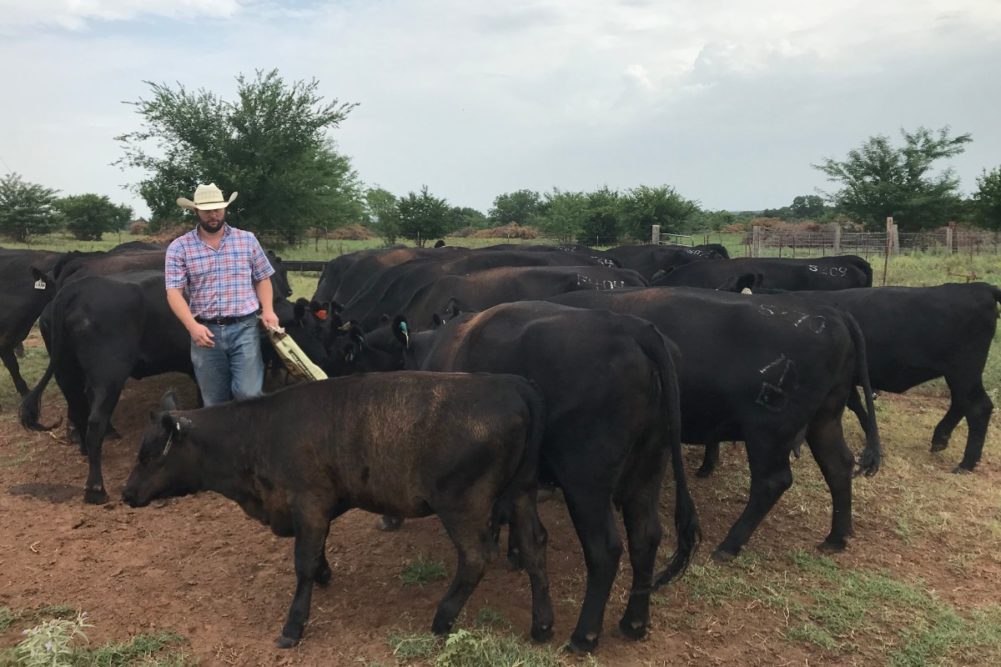STILLWATER, OKLA. – Another step in US beef sustainability efforts has received an essential green light.
Low Carbon Beef LLC (LCB), based in Stillwater, Okla., announced it received approval of the US Department of Agriculture’s (USDA’s) Process Verified Program from the Agricultural Marketing Service. This cattle certification program allows beef farmers and ranchers to earn a premium by reducing carbon emissions in their cattle operations.
LCB is the first program approved by the USDA for calculating the life cycles of greenhouse gas emissions for beef production. The approved venture will allow beef providers to market their beef differently if they comply with emission-reducing standards.
“We need to do more than talk about change, we have to be able to measure it, verify it, and provide a better product for consumers,” said Colin Beal, PhD, founder of Low Carbon Beef. “The Low Carbon Beef certification provides consumers the ability to purchase beef that is produced with efficient and sustainable methods, while also supporting market-based premiums for beef producers. Farmers and ranchers who put sustainable practices in place, and the packers who support reducing emissions, deserve a premium for the work they are doing to improve beef’s carbon footprint.”
The certification process provides information that quantifies the impact of sustainable herd management practices and cattle performance throughout the life of the animals.
“LCB provides the third-party data that retailers, restaurant operators, and consumers need to be confident they are making a more sustainable choice,” Beal said.
Cattle ranchers, feed yards, family farms and beef packers are eligible to enroll cattle into the certification process. In order to qualify for the program, cattle must demonstrate at least 10% lower greenhouse gas emissions than the industry standard baselines based on the Low Carbon Beef Scoring Tables. LCB measures 20 criteria for the program associated with feeds, fuels, fertilizers and cattle function.
According to research from the company, 71% of consumers expressed they are willing to pay a premium for beef certified as being produced with sustainable methods.
“We have met many farmers and ranchers who are eager to show how their practices are producing more sustainable beef,” Beal said. “This program allows these animal caretakers and environmental stewards to document and validate their efforts.
LCB said it is available to help farmers and ranchers analyze practices that can be implemented to qualify for the program.
To receive the USDA Process Verified Program approval, LCB underwent an audit by the USDA’s AMS and will undergo periodic USDA audits in the future to make sure the program continues to follow protocols.
Evaluation by LCB will update as more information becomes available on lifecycle assessment. Some of the areas the program expects to change when new research is made available include soil carbon sequestration, anti-methane feed additives, anti-ammonia feed additives, bioenergy production from manure and genetic influences on methane productions.
In the future, LCB aims to provide more certifications with larger emission reduction and even carbon-negative beef certifications.
More information on Low Carbon Beef can be found on its website, where it is actively enrolling cattle for certification.


